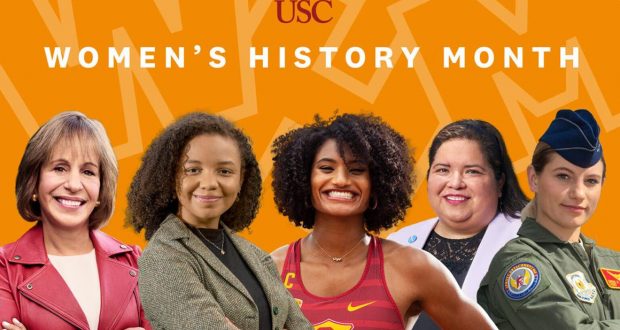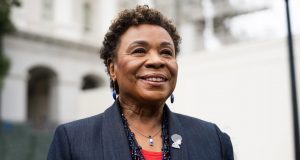“Since 1987, the U.S. Congress has designated March as Women’s History Month, a time to commemorate and recognize the key role of women in American history — and to encourage the study, observance, and celebration of that history.
During Women’s History Month and beyond, USC experts highlight the continuing struggle for women’s equal rights and the legacy of the trailblazing women who have transcended gender barriers to contribute to a more perfect — and equal — union.
Women’s history offers a lesson in what progress looks like
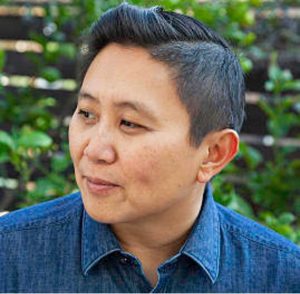 “What being a professor of gender and sexuality studies has taught me, and our students, is that progress isn’t measured as a straight line. Things don’t consistently get better. In fact, every time progress is made, reactions to that progress push us steps backward.
“What being a professor of gender and sexuality studies has taught me, and our students, is that progress isn’t measured as a straight line. Things don’t consistently get better. In fact, every time progress is made, reactions to that progress push us steps backward.
“Part of what we learn is how to move through these different cycles of change and transformation and how to keep the momentum going, even when sometimes the task can feel Sisyphean. For example, many gains women made in the 1970s around reproductive health are meeting challenges now.
“We need to celebrate achievements and ‘firsts’ because there’s always going to be more work to do. Women’s History Month shows us the different sacrifices our forbearers have made. They’ve managed to transform worlds and cultures that were often hostile to them. We can use that example to fortify our efforts to change and transform our roles and to make things better; to make what seemed impossible, achievable.”
Karen Tongson is a professor of English, gender and sexuality studies, and American studies and ethnicity, and chair of the Department of Gender and Sexuality Studies at the USC Dornsife College of Letters, Arts and Sciences.
Contact: tongson@usc.edu
The next frontier of the women’s movement: Valuing care work
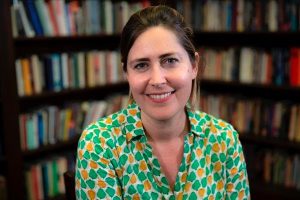 “Reflecting on Women’s History Month, it is clear the women’s movement has been successful in terms of freeing women to move from the domestic sphere into public life. Compared to 50 years ago, there has been a staggering shift in terms of women’s participation in the workforce.
“Reflecting on Women’s History Month, it is clear the women’s movement has been successful in terms of freeing women to move from the domestic sphere into public life. Compared to 50 years ago, there has been a staggering shift in terms of women’s participation in the workforce.
“One unintended consequence is the risk of neglecting what was traditionally the women’s sphere, including the work of caring for others. Our individualistic society has always undervalued care labor. The monumental amount of unpaid care labor that women have done historically has been undercompensated and overlooked.
“We saw that in the pandemic because suddenly, the institutions and structures that help support families — everything from daycares to public schools to nursing homes — closed. Women were the ones who disproportionately left the workforce or scaled back their work hours to care for children and elders.
“The next frontier for the women’s movement is to reconsider how we value traditionally feminine pursuits like care labor. We can focus on better pay for caring professions and on policies like parental leave. In a progressive society where care work and domestic labor are just as valued and just as respected as business careers or STEM careers, we could celebrate when women — and men — contribute to building a more nurturing society.”
Darby Saxbe is an associate professor of psychology who studies how family relationships “get under the skin” by exploring both biological and social processes that take place within the context of the family. She directs the USC Dornsife Center for the Changing Family.
Contact: dsaxbe@usc.edu
Reacting to the historic Supreme Court nomination of a Black woman
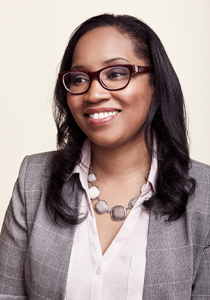 “Judge Ketanji Brown Jackson, if confirmed to the Supreme Court, will help diversify an institution in which Black women have, through law, custom, and practice, been excluded for over two centuries.
“Judge Ketanji Brown Jackson, if confirmed to the Supreme Court, will help diversify an institution in which Black women have, through law, custom, and practice, been excluded for over two centuries.
“Her credentials are top notch: Double Harvard graduate, former Supreme Court clerk, former district court judge and current circuit court judge.
“She also brings a credential to the court that is lacking among the current personnel: She is a former public defender. It is clear that Judge Jackson is a highly qualified nominee who will bring a diverse set of experiences to the Supreme Court.”
Franita Tolson is a professor of law and vice dean for faculty and academic affairs at the USC Gould School of Law. Her scholarship and teaching focus on the areas of election law, constitutional law, legal history, and employment discrimination.
Contact: ftolson@law.usc.edu
Who sits in the director’s chair?
 “Inclusion in the Director’s Chair” is a new report from the USC Annenberg Inclusion Initiative examining directors of the 100 top U.S. films each year from 2007 to 2021. The analysis of 1,500 movies looked at the prevalence of directors by gender, race and ethnicity — as well as the intersection of these two identities.
“Inclusion in the Director’s Chair” is a new report from the USC Annenberg Inclusion Initiative examining directors of the 100 top U.S. films each year from 2007 to 2021. The analysis of 1,500 movies looked at the prevalence of directors by gender, race and ethnicity — as well as the intersection of these two identities.
“Although the results of this study point to increases for women and underrepresented directors, an intersectional examination of the data reveals that not everyone has reason to celebrate,” the authors explained. “White women and men of color have seen increased opportunities, but this did not extend to women of color. Only five women of color directed a top-grossing film between 2020 and 2021, and fewer than 2% of all directors across 15 years were women of color.
“Yet, women of color earned the highest average and median Metacritic scores (scores that assess the critical reception of movies) for their work, suggesting that the quality that women of color bring to filmmaking is not an explanation for their lack of participation in top-grossing films.”
Stacy L. Smith, Katherine Pieper and Al-Baab Khan are with the Annenberg Inclusion Initiative at the USC Annenberg School for Communication and Journalism. “Inclusion in the Director’s Chair” is their latest report studying diversity and inclusion in entertainment.
Contact: kpieper@usc.edu
Women in the military and as advocates for peace
 “Women’s History Month shines a light on how women continue to break barriers in previously male-dominated professions, including in the military. In 1973, when military conscription ended, women constituted 2% of the active-duty military. Women now represent 16% of the active-duty military.
“Women’s History Month shines a light on how women continue to break barriers in previously male-dominated professions, including in the military. In 1973, when military conscription ended, women constituted 2% of the active-duty military. Women now represent 16% of the active-duty military.
“In my recent research on U.S. military veterans’ peace organizations, I witnessed a younger cohort of women—many of them women of color, some queer-identified—emerging as leaders. These veterans had absorbed trauma from sexual and gender harassment, sexual assault, racist and homophobic abuse during their military service, some of it in combat zones.
“Now, they are using this collective knowledge to transform the veterans’ peace movement, linking anti-militarist work with movements for racial justice, stopping gender and sexual violence, addressing climate change, and building anti-colonial coalitions. Through this work, they bend the arc of history toward peace and social justice.”
Michael Messner is a professor of sociology and gender studies at the USC Dornsife College. His new book is “Unconventional Combat: Intersectional Action in the Veterans’ Peace Movement.”
Contact: messner@usc.edu
 Westside Story Newspaper – Online The News of The Empire – Sharing the Quest for Excellence
Westside Story Newspaper – Online The News of The Empire – Sharing the Quest for Excellence
